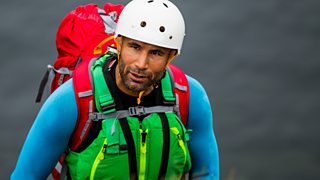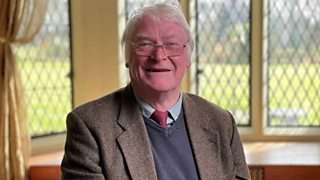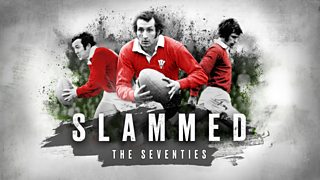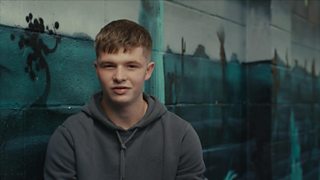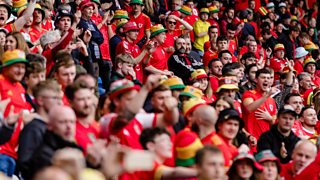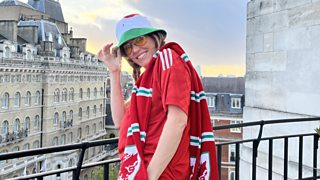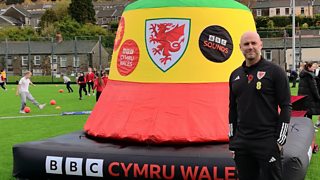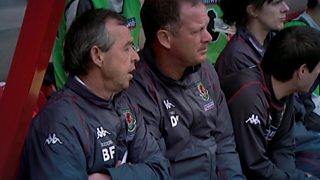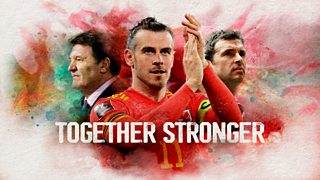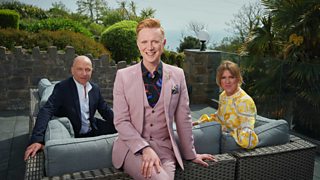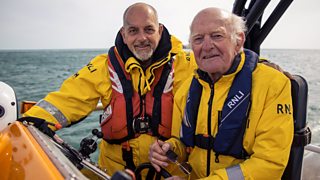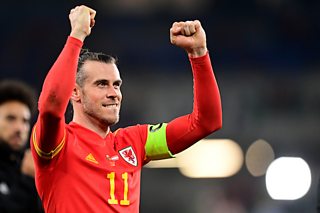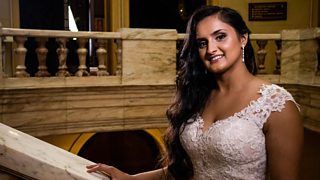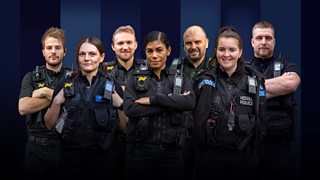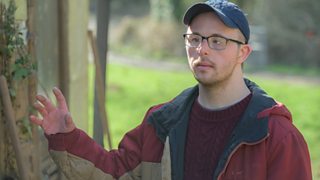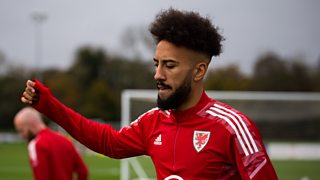The sportsmen who overcame adversity to excel in their sport
14 July 2021
Richard Parks, the former Welsh rugby international turned World Record breaking endurance athlete, knows only too well how sport can have an incredible impact on someone’s life. He caught up with three inspiring sportsmen who overcame adversity and life changing accidents to excel in their chosen discipline.
Phil Hall β Gravity Biking
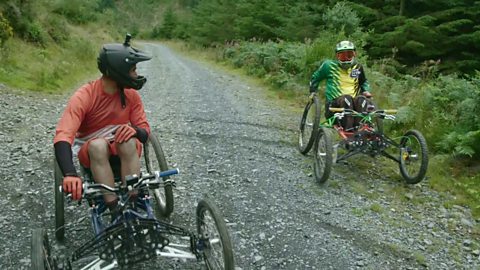
Gravity cycling
Richard Parks and Phil Hall go gravity biking in Wales.
A keen motorcyclist and downhill mountain biker, Phil Hall was involved in a motorbike accident in 2003 which left him paralysed below the waist.
At that point, Phil thought he would never ride a bike again. That was until he found gravity biking, which helped him transcend his injury.
“I was just looking for some adrenaline,” Phil, who has pioneered the sport in this country, said. “I had to do something, I couldn’t stay at home and watch Bargain Hunt every day.
“I saw a poster with one of these bikes on with the guy hurtling downhill and I was like ‘who’s that dude, what’s that?’
“It’s completely changed my life. From being down in the dumps and thinking what can I do with my life, I didn’t just buy a bike, I started a club.”
After experiencing the inclusive extreme sport in America, Phil returned home determined to bring it to these shores. The club he started was the first gravity biking club in the UK and he has helped to grow the sport globally, inspiring disabled and able-bodied riders alike.
Jonny Young β Paracanoeist
When Jonny Young was involved in a skiing accident in France in 2012 which broke his back, his life changed forever.
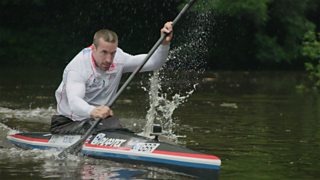
Before his injury, Jonny instructed a range of sports and activities from kayaking and canoeing to climbing and skiing. During his rehabilitation, he knew how important sport would be to helping him and so once he was discharged, he decided to pursue sport full time and it was then that he found a new calling in canoeing competitively.
But it wasn’t just the physical side of his injury that the sport helped Johnny overcome. It also helped him to retain his identity.
“I did feel strongly that my identity was still the same. It was how that was displayed that was going to be different and I think that was the thing that I wanted to really find how to show that. Our bodies don’t have to define us and yet injuries – while they’re hard to deal with – can be dealt with,” he continued.
The Olympic paracanoeist and double World Championship medal winner has become a 200m sprint specialist who can paddle at a rate of 14 strokes per minute, covering 100m in just 20 seconds.
Mark Colbourne MBE β Cyclist
Mark Colbourne MBE, a former Welsh international volleyball player, always had a natural passion for sport; so when he fell 35 feet in a paragliding accident and was left with lower leg paralysis, it was sport that helped him overcame his disability and gave him a new lease of life.
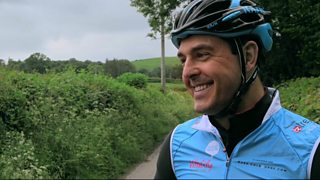
“I broke my back in 2009 paragliding. They say life begins at 40 and it certainly did for me; thinking my life had ended, I was in a dark place,” Mark said.
There were fears he would never walk again. But after spending four months in a bed at Cardiff’s Rookwood Hospital, followed by a gruelling physiotherapy schedule, Mark learnt to do just that and didn’t stop there! As part of his rehabilitation programme, he tried his hand at a number of sports including rowing and went on to compete in the Welsh indoor adaptive rowing championships.
But it was cycling where Mark found his passion and he ultimately went on to reach the pinnacle of the sport at the 2012 Paralympic Games.
“Thankfully half my legs worked and it was only that half I needed when the opportunity came along for London 2012,” he continued.
Taking full advantage of that Olympic opportunity, Mark won gold in the C1 3km individual pursuit – setting a new world record in the process – as well as silvers in the 1km time trial on the track and in the road time trial.
“The love for me is that exhilaration; that you’re in control of the speed, how fast you want to go or slow you want to go and just being in the fresh air. We were made to be free as human beings and this environment makes me feel free,” he concludes.
-
![]()
Watch Extreme Wales with Richard Parks on ΒιΆΉΤΌΕΔ iPlayer
Former Welsh rugby international turned endurance athlete Richard Parks is out to prove he can have extreme adventures right on his doorstep in Wales.
